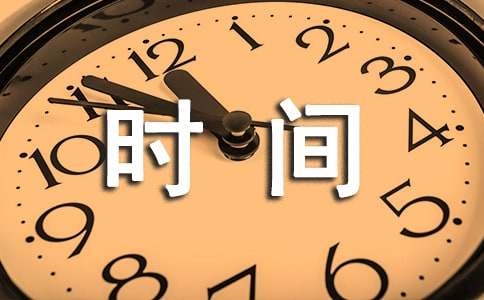引导的时间状语从句的主从复合句中,动作发生在先的用过去完成时,在后的用过去时。表示前面的叙述所没有提到过的信息。它总是对所描述的事件予以引人注目的强调,意为“这时;突然”;当位于句末的分句具有引种用法时,大致有以下三种情况:

A. when 分句前面的分句使用过去进行时。如:
He was still smiling when the door opened and his wife came in. 他正笑着的时候,门突然开了,他妻子走了进来。
B. when 分句前面的分句使用 was (were) about to, was (were) on the point 等。如:
We were about to start when it began to rain. 我们刚要出发就开始下雨了。
C. when 分句之前的分句用过去完成时,其中 sb had hardly / scarcely /barely … when 已成为固定词组。如:
(1) We had hardly fallen asleep when the bell rang. 我们刚刚入睡,铃声就响了起来。
(2) He had scarcely arrived when he had to leave again. 他刚刚到达就又要离开了。
